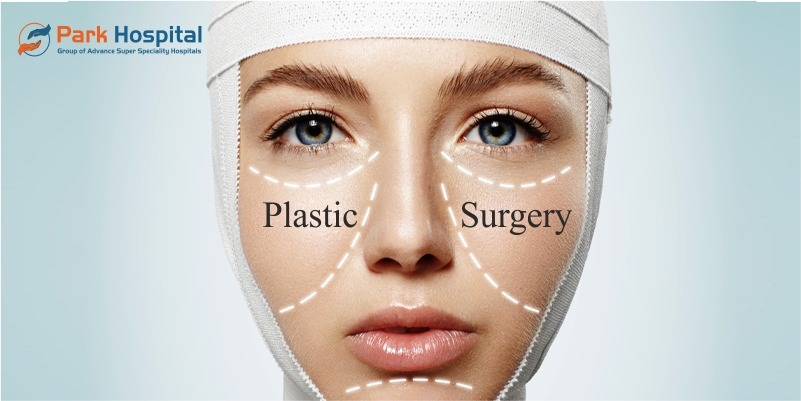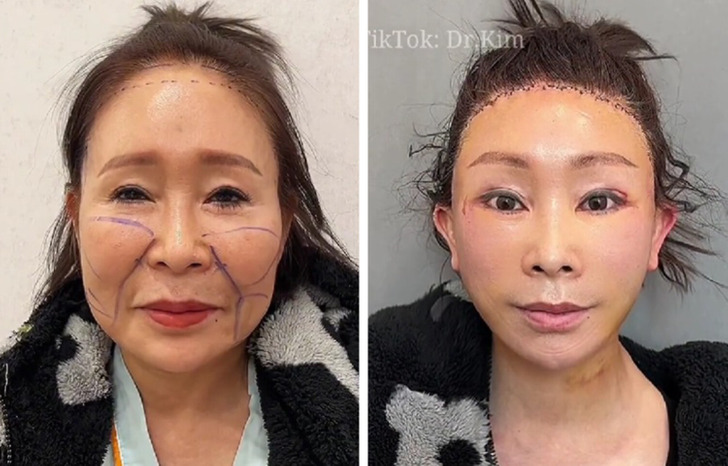A Deep Study the Common Reason for Seeking Plastic Surgery: Unloading the Desire for Adjustment and Self-Improvement

Societal Pressures and Charm Standards
Frequently, social stress and prevailing beauty criteria play a significant function in people' choices to pursue cosmetic surgical treatment (liposuction bellevue). In contemporary society, graph greatly affects individual assumptions of attractiveness, frequently continued by media, celebrity recommendations, and social systems. These networks frequently promote idyllic versions of appeal, leading people to internalize these standards and assess their self-worth versus them

Moreover, these stress are not restricted to particular demographics; they impact people throughout numerous ages, genders, and backgrounds, highlighting the pervasive nature of appeal criteria. This widespread impact raises essential questions about the principles of plastic surgery and the implications of social criteria on individual options. Ultimately, comprehending these stress is essential for promoting an extra inclusive definition of charm that celebrates diversity.
Individual Experiences and Transformative Stories
Numerous individuals that undergo cosmetic surgical procedure report transformative experiences that prolong beyond simple physical modifications. For many, these treatments work as a stimulant for enhanced self-worth and a restored sense of identity. People frequently describe sensation freed from enduring insecurities, bring about raised confidence in both professional and individual worlds.
Take, for example, the tale of a young lady who underwent breast enhancement after years of feeling uneasy regarding her look. Post-surgery, she reported not only a newfound comfort in her body but additionally a significant improvement in her social life and job possibilities. In a similar way, a middle-aged man who chose to undergo a renovation shared just how the treatment revitalized his overview on life, prompting him to seek brand-new rate of interests and relationships.

Psychological Factors Behind Plastic Surgery
Many psychological variables add to the decision to undertake cosmetic surgery, mirroring much deeper emotional and psychological health factors to consider. People typically seek surgical enhancements as a way to address sensations of inadequacy, reduced self-confidence, or frustration with their appearance. These mental motivations can be rooted in past experiences, social contrasts, or individual desires.
Body picture distortion is a widespread concern, where people view their physical features in an exaggeratedly adverse light. This distortion can cause obsessive ideas regarding regarded imperfections, triggering the wish for medical alteration as an option. Additionally, the search of excellence and societal pressures can magnify these feelings, pushing individuals toward cosmetic procedures in hopes of accomplishing an idealized variation of themselves.
Additionally, the idea of self-improvement plays a vital role. Lots of individuals watch cosmetic surgical procedure as a path to enhance their top quality of life, thinking that improved appearance will certainly bring about enhanced social acceptance, far better relationships, or enhanced profession possibilities. Ultimately, Read Full Report the psychological elements behind cosmetic surgical treatment highlight the complex interaction between private self-perception and external impacts, exposing the multifaceted nature of the need for modification.
The Duty of Media in Assumption
In today's society, media plays a pivotal function fit assumptions of charm and self-respect. Via various systems-- social networks, television, and marketing-- idealized requirements of beauty are often distributed, affecting individual goals and self-image. These portrayals often stress narrow interpretations of good looks, mainly featuring vibrant, slim, and electronically enhanced images, which can develop impractical criteria for people striving to adapt.
The impact of media is additional intensified by the pervasive nature of social media sites, where customers are pestered with curated content that highlights cosmetic enhancements, recommending useful reference a culture of comparison. This consistent direct exposure can lead to sensations of insufficiency amongst viewers, triggering them to take into consideration cosmetic surgical treatment as a means of accomplishing the regarded perfect. Study shows that people who engage with these media representations are more probable to share dissatisfaction with their appearance, reinforcing the wish for surgical treatments.
Moreover, the normalization of plastic surgery in media stories can desensitize target markets, mounting such treatments as commonplace and also essential for social acceptance. Thus, the media's representation of elegance not just affects individual choices concerning plastic surgery yet also adds to a more comprehensive social discussion concerning self-respect and identity.
Future trends and ethical factors to consider
In the middle of the expanding appeal of plastic surgery, ethical considerations bordering the practice have actually come to be progressively famous. As the need for treatments climbs, so also do worries relating to educated authorization, the emotional inspirations of individuals, and the potential for exploitation by surgeons. It is essential for specialists to make sure that clients fully recognize the benefits and threats, in addition to the implications of their selections, to foster a liable strategy to aesthetic enhancements.
In addition, the influence of social media and charm standards raises basics inquiries about the influence on mental health, especially amongst prone populaces. As understanding of body image concerns expands, honest technique necessitates a mindful evaluation of the inspirations behind surgical treatments. Cosmetic surgeons have to stabilize client desires with ethical duty, ensuring that choices are rooted in real self-improvement as opposed to social pressures.
Seeking to the future, trends might change towards non-invasive and technologically advanced procedures, highlighting client safety and security and fulfillment. Additionally, the consolidation of psychological evaluations could aid address underlying problems prior to surgical treatment. The plastic surgery field need to adjust to these moral difficulties while advertising a society of openness and self-acceptance, ultimately prioritizing the well-being of people.
Final Thought
In verdict, the quest of cosmetic surgical treatment is influenced by an assemblage of societal pressures, personal experiences, and psychological variables. As moral factors to consider develop, future patterns in cosmetic surgical treatment will likely show recurring societal dialogues bordering self-improvement and specific identification.
Frequently, social pressures and dominating charm standards play a substantial duty in individuals' decisions to pursue cosmetic surgical procedure. liposuction bellevue. Eventually, these transformative tales highlight the multifaceted factors people seek cosmetic surgical treatment, linking individual growth with the search of visual enhancement
Several individuals see cosmetic surgical procedure as a pathway to improve their quality of life, thinking that enhanced look will lead to raised social acceptance, much better partnerships, or enhanced job chances. Eventually, the emotional elements behind cosmetic surgical procedure underscore the complicated interaction between private self-perception and exterior impacts, exposing the complex nature of the desire for modification.
As moral considerations develop, future fads in cosmetic surgical procedure will likely reflect ongoing societal dialogues bordering self-improvement and specific identity. liposuction bellevue.